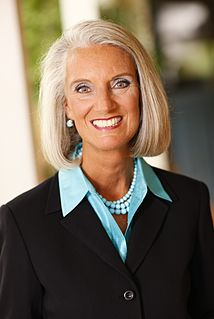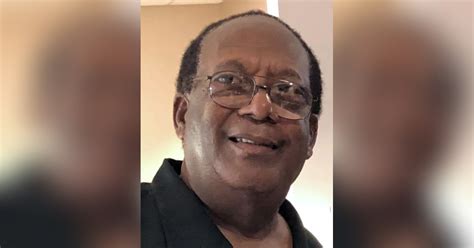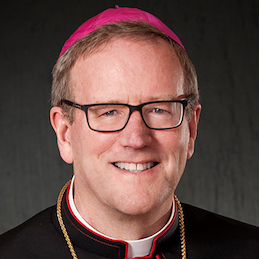A Quote by Joni Eareckson Tada
When we hurt, God doesn't always give us lots of words; he gives us the Word; the Word made flesh who is intimately acquainted with our grief and suffering. That's what helps the most.
Related Quotes
"Both Christianity and Islam are logocentric," he told his students, "meaning they are focused on the Word. In Christian tradition, the Word became flesh in the book of John: 'And the Word was made flesh, and He dwelt among us. 'Therefore, it was acceptable to depict the Word as having a human form. In Islamic tradition, however, the Word did not become flesh, and therefore the Word needs to remain in the form of a word … in most cases, calligraphic renderings of the names of the holy figures of Islam."
One of the most effective ways to pray is to ask God to give you a promise from his Word concerning whatever it is you're praying for. Then hold him to his Word as you pray it back to him. It's what has been called "reversed thunder." God keeps his Word, and basing our prayer on his Word gives our prayers strength and confidence because we know we're asking for something God wants to give us.
Who was this Man of sorrows, acquainted with grief? Who is the King of glory, this Lord of hosts? He is our Master. He is our Savior. He is the Son of God. He is the Author of our Salvation. He beckons, “Follow me.” He instructs, “Go, and do thou likewise.” He pleads, “Keep my commandments.” Let us follow Him. Let us emulate His example. Let us obey His word. By so doing, we give to Him the divine gift of gratitude.
I believe that should is one of the most damaging words in our language. Every time we use it, we are, in effect, saying that we are wrong, or we were wrong, or we're going to be wrong. I would like to take the word should out of our vocabulary forever and replace it with the word could. This word gives us a choice, and we're never wrong.
By the grace of God I want to impart the Word, and bring you into a place where you will dare to act upon the plan of the Word, to so breathe life by the power of the Word that it is impossible for you to go on under any circumstances without his provision. The most difficult things that come to us are to our advantage from God's side. When we come to the place of impossibilities, it is the grandest place for us to see the possibilities of God.
Suffering invites us to place our hurts in larger hands. In Christ we see God suffering – for us. And calling us to share in God’s suffering love for a hurting world. The small and even overpowering pains of our lives are intimately connected with the greater pains of Christ. Our daily sorrows are anchored in a greater sorrow and therefore a larger hope.
What has the Cross left in each of us? You see, it gives us a treasure that no one else can give: the certainty of the faithful love which God has for us. A love so great that it enters into our sin and forgives it, enters into our suffering and gives us the strength to bear it. It is a love which enters into death to conquer it and save us.
If the Word truly became flesh, then God had not only a mother, but also a grandmother, cousins, great-aunts, and weird uncles. If the Word truly dwelt among us, then he was part of a family that, like most, was fairly dysfunctional, a mix of the good and bad, the saintly and the sinful, the glorious and the not so glorious. And this is such good news for us.
[Concerning the Word preached:] Do we prize it in our judgments? Do we receive in into our hearts? Do we fear the loss of the Word preached more than the loss of peace and trade? Is it the removal of the ark that troubles us? Again, do we attend to the Word with reverential devotion? When the judge is giving the charge on the bench, all attend. When the Word is preached, the great God is giving us his charge. Do we listen to it as to a matter of life and death? This is a good sign that we love the Word.



































